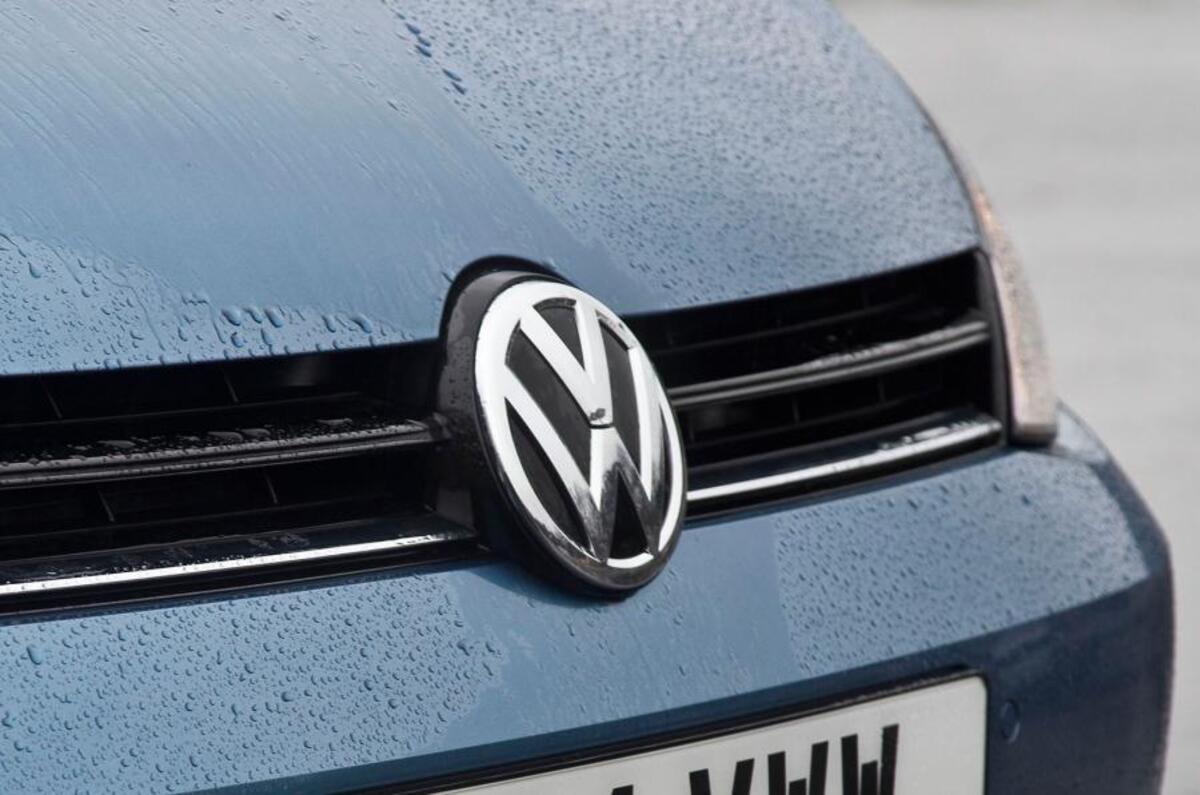The German federal state of Bavaria will sue Volkswagen for damages as the fallout from the dieselgate scandal continues.
Bavaria is the first federal state in Volkswagen’s home country to take action against the company, as it seeks to recoup funds lost from the Bavarian pension fund. Bavaria owned around 58,000 preference shares in VW, making it the company’s second-biggest shareholder, when the emissions scandal broke last year. Bavaria therefore lost out by up to 700,000 Euros (£587,000) when the share prices fell in the aftermath.
“We want this money back,” Bavarian finance minister Markus Söder told German news agency Deutsche Presse-Agentur. He said Bavaria’s pension fund would file the suit in September at a regional court in Lower Saxony, close to VW’s Wolfsburg headquarters.
Lower Saxony officials have expressed doubt that Bavaria’s legal action could succeed.
Its finance minister, Peter-Jürgen Schneider, said in a statement that it was unclear whether Bavaria would seek damages for losses incurred because of the fall in VW’s share price, or if it will claim that VW’s violation of disclosure rules caused the financial impact.
“Lower Saxony is a strategic investor (in Volkswagen),” Schneider said. "Trading with shares was not and is not intended. Therefore, it's questionable whether a potential violation of ad hoc rules even caused material damage.”
Volkswagen has responded to the news, saying: “It is regrettable that the German state of Bavaria has decided to take legal action against the Volkswagen Group for damages. The Volkswagen Group remains of the opinion that it duly fulfilled its disclosure obligations under capital markets law. This view has also been confirmed by a careful examination by internal and external legal experts.”
A spokeswoman for the finance ministry of Baden-Württemberg, another federal state, told Reuters that legal action against VW was under consideration. The state is home to Porsche – part of the VW Group – and Daimler, and held around 65,000 VW preference shares at the time the scandal emerged.
Bavaria’s move follows legal action against VW in South Korea and the US, as well as a case brought by Norway’s sovereign wealth fund and a group of individual investors.
Phill Tromans





Join the debate
Add your comment
Where angels fear to tread
To Sue a company you partly own is surely madness
You can only extract money from a company by taking legal action against them, any money you win from a court order is just receiving your own money whilst devaluing your investment in the company.
Emmm